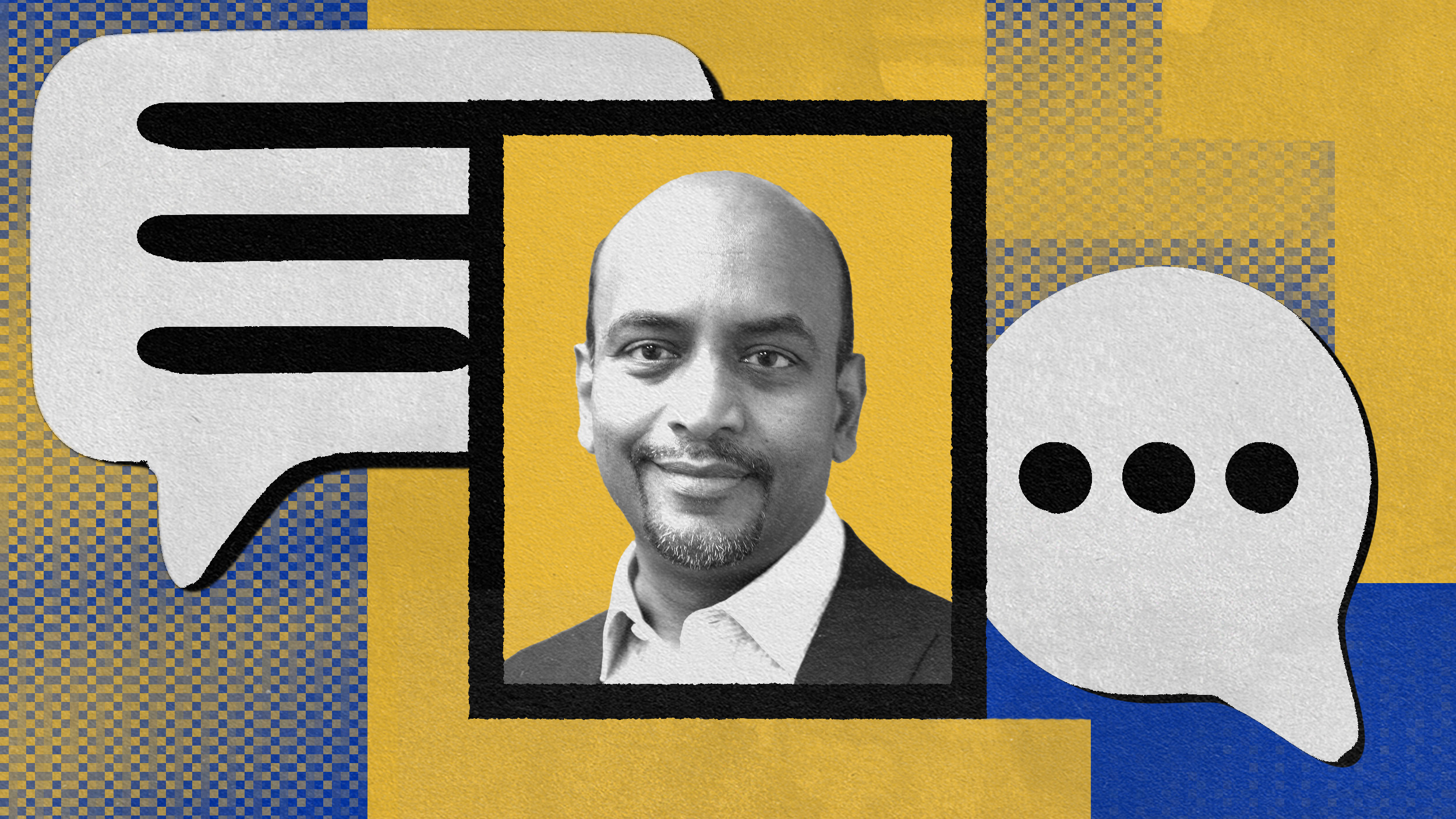Technology is both a concentrating and democratizing force in society. While it allows a billionaire and a college student to use the same computer or phone, access to education and training determines how effectively one can use technology.
Author Tiago Forte notes that those who could benefit the most from this education, such as people on the wrong side of the digital divide, often cannot access it due to a lack of awareness or resources.
That’s why he argues for the idea that one doesn’t have to do everything with their biological mind and that cognitive extension through software can make one’s life much easier.
TIAGO FORTE: At the same time that technology has this concentrating force, technology is a democratizing force. A billionaire and the average college student are using the same computer. That is a remarkable turn of events. They're probably using the same phone. That has never before happened in history. Think about the fact that so many online services are free. Social media is largely free. Content is largely free. Google is free. Technology is a populist force in the world but I think there's a limitation on that democratizing trend, which is education. Technically, you have access to all these online services but do you know how to use them? Has someone oriented you, has someone trained you? New technology's coming out all the time both hardware and software and online services and no one really teaches us how to use them. Maybe a website will have some sort of tutorial. Maybe they will be sort of a getting started guide but it's usually not very good. So I think that's inspired a huge cottage industry of YouTubers, bloggers, Instagram influencers Tik-Tokers who are filling in that void and they're coming in and teaching us how to use both the software and the hardware.
To me, this is education. It's access. It's democratizing not just the chance, okay, oh, just go to this website, but the actual support system that people need to adopt a new behavior in their life. But there's also, there's a problem. The very people who would most benefit from this education, this training, are the least likely to access it. I've noticed this for years. They're just not even aware of it. They often can't even afford the technology that would be needed to actually put into practice what they're learning. This is sometimes referred to as the digital divide. The digital divide is not just, "Oh, do you have a computer at home or not?" It's really more fundamentally, are you immersed in a culture where things like this are even talked about and valued, and do you have role models of what it means to be productive? I think the answer is no. I think very, very few of us have access to this kind of culture except the very most elite knowledge workers. I mean, I myself learned this in Silicon Valley and these concepts even there are new. So we have a long ways to go to sort of democratize this idea that you don't have to do it all with your biological mind.
You can extend your cognition through software and by doing so, make it so much more powerful and at the same time, unburden yourself from having to remember all these details. I mean, think back to your own early career years. Did anyone hold you by the hand and teach you how to use the different tools? Did they teach you techniques for getting things done? No. Usually what happened is you just kind of stumbled around the office for a while, looked at what other people seemed to be doing and just kind of mimicked them. If you were really lucky you had a good manager who could kind of give you some tips and some feedback, but I find that's actually quite rare. How do you use software? How do you keep your email under control? How do you make an agenda for a meeting? How do you set a goal? How do you organize your notes and your files? I want a little class that you take at the beginning of the semester, maybe your freshman year of college that is personal knowledge management. Because imagine if we went through our higher education, our college years saving and keeping everything for the long term, for the life that we're about to enter rather than just for this test or just for this essay. I mean, it all starts in college and we're paying an arm and a leg for it. I think it needs to start at least as far back as college years.







